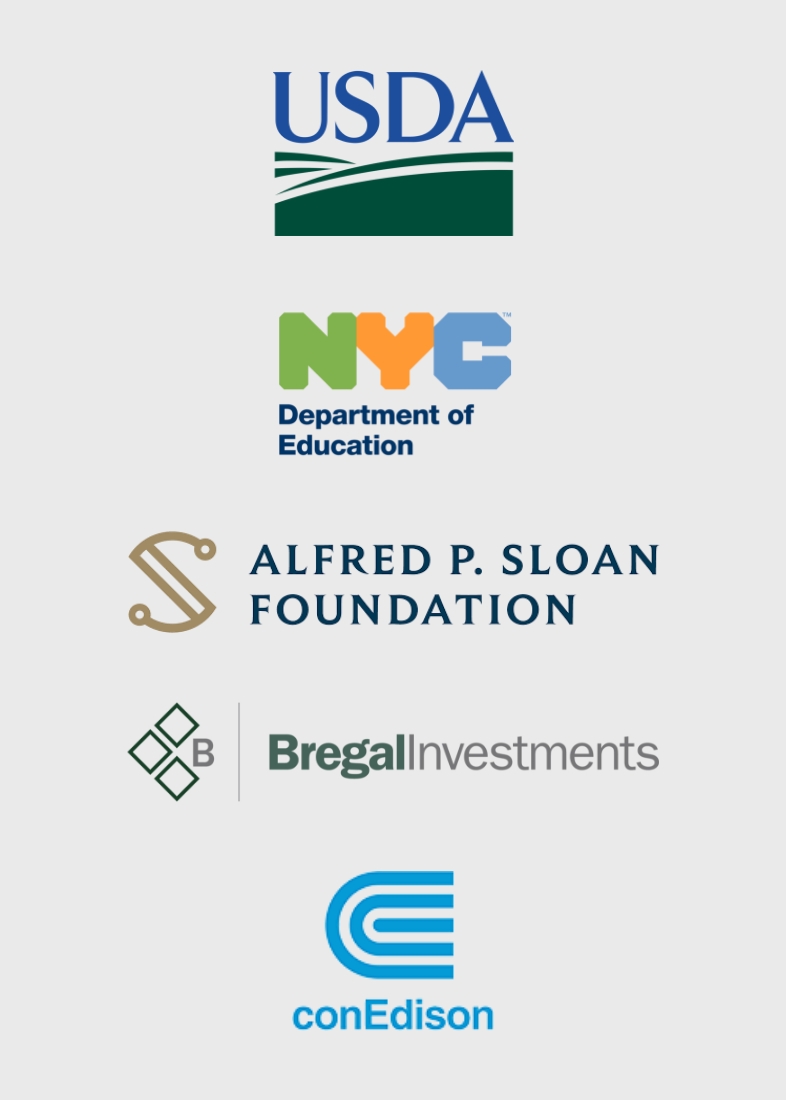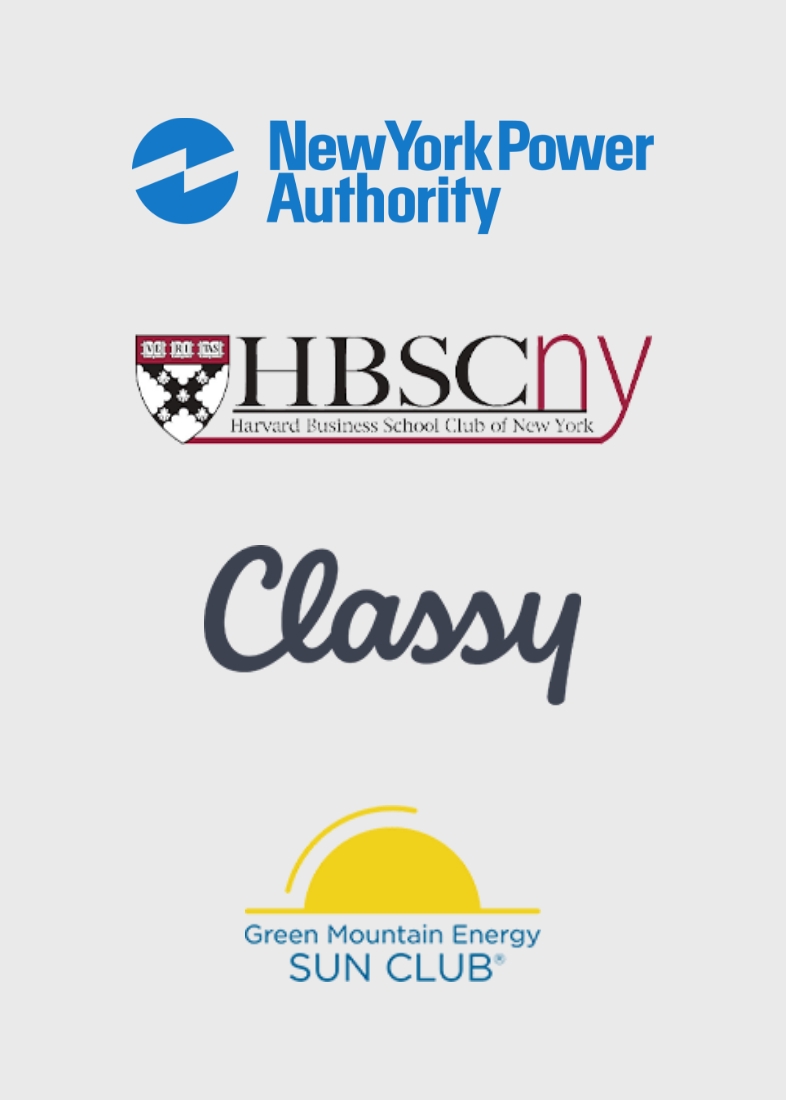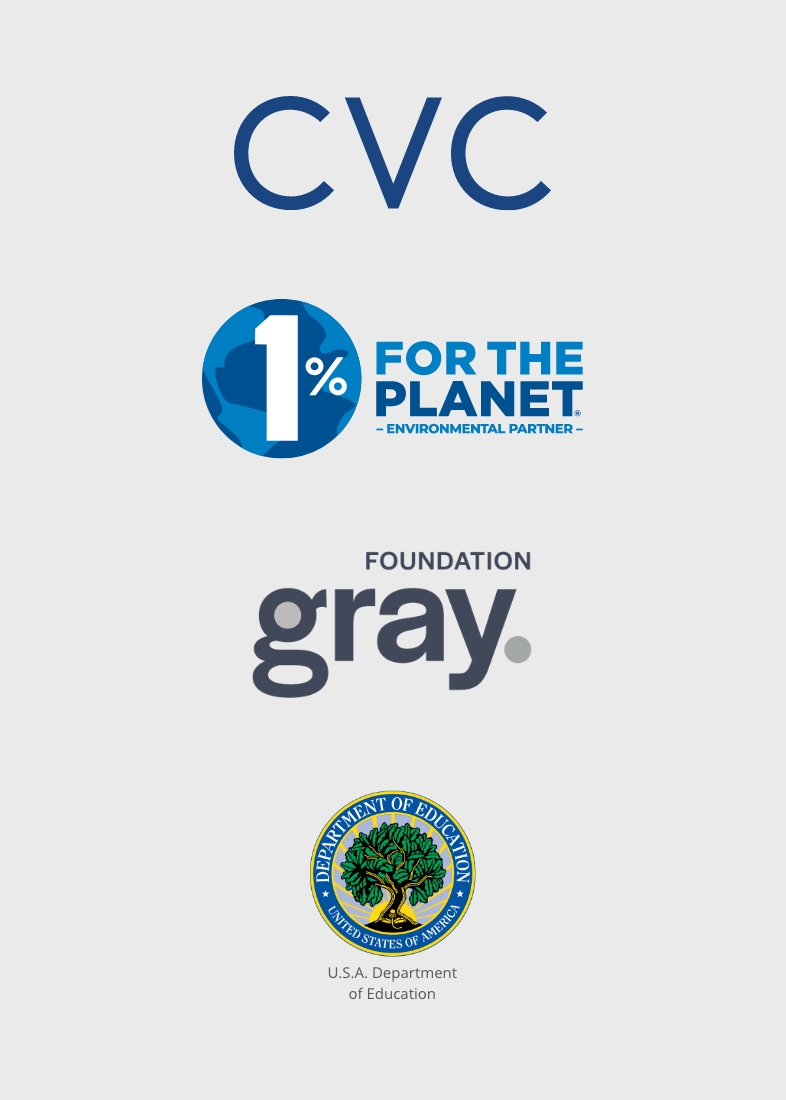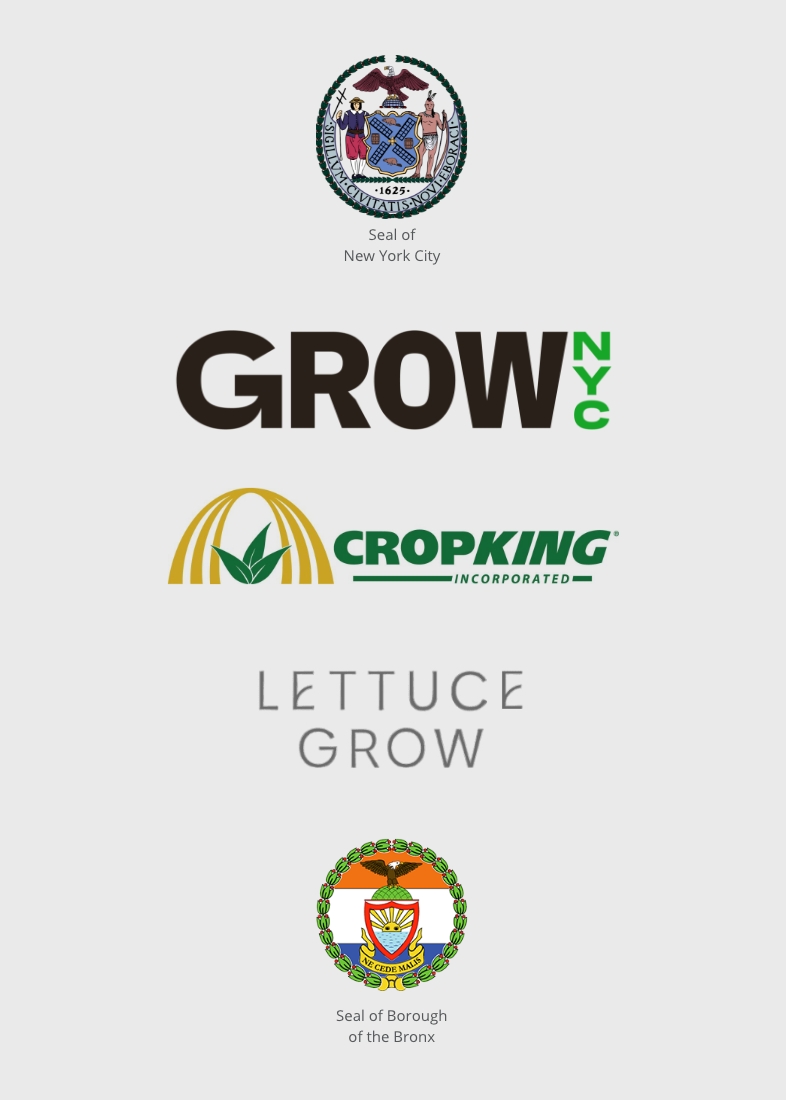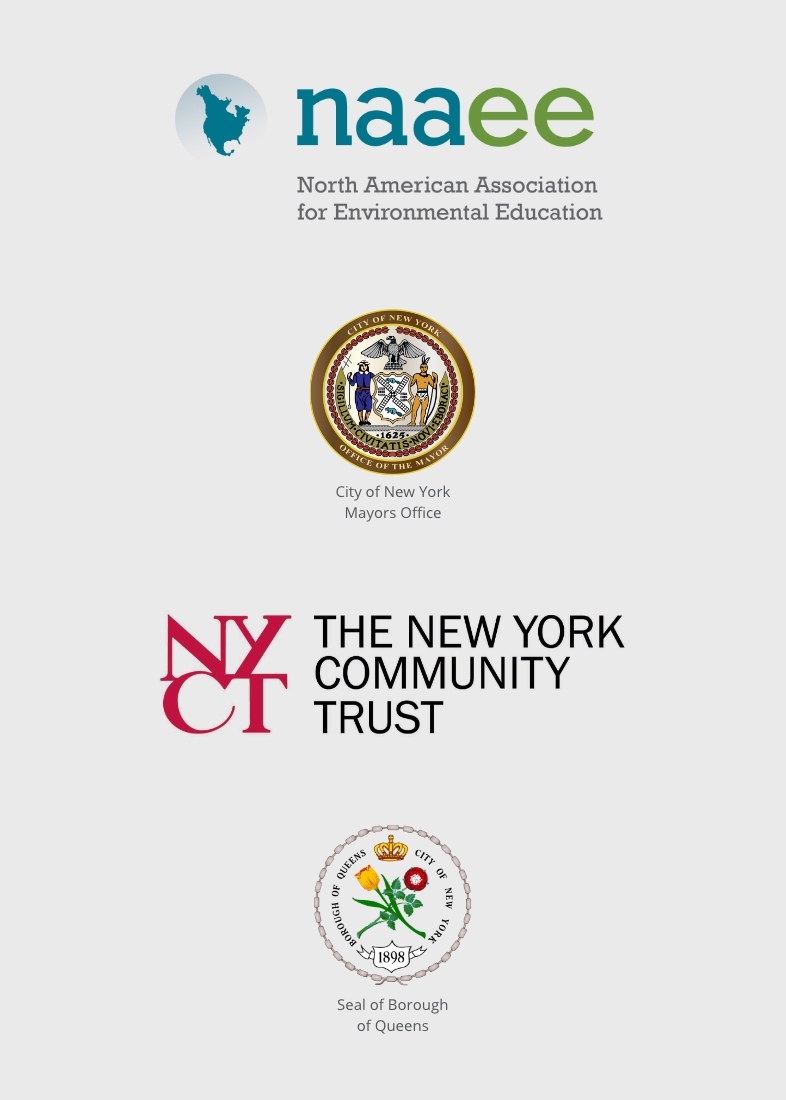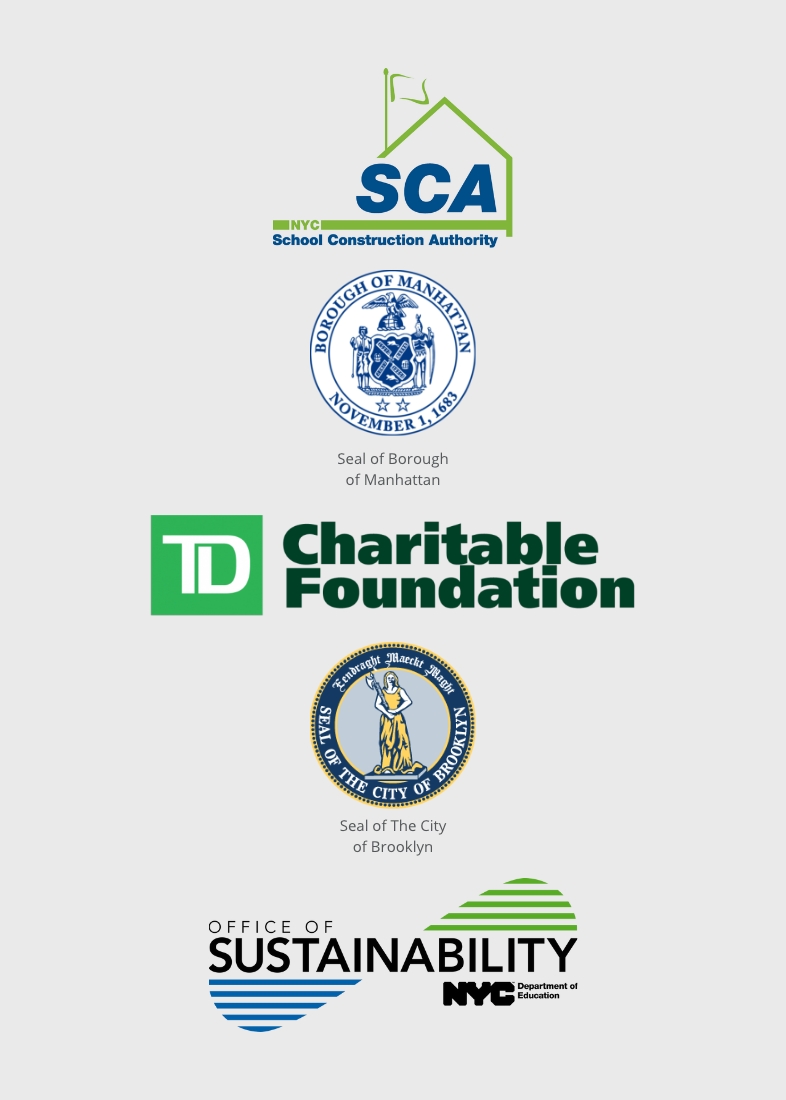Take a Virtual Field Trip with NY Sun Works
March 25, 2021

The Education Team at NY Sun Works is excited to announce that we will be offering a new Virtual Field Trip package this Spring focusing on composting and its connections to STEM! The package will be available in early April and will include a set of lessons (with accompanying Google slide presentations) and virtual field trips to a rooftop Greenhouse Classroom and worm bin, and an outdoor composting facility. If you are interested in connecting with our Curriculum Specialists about the new virtual field package please indicate your interest here.
The Virtual Field Trips will allow students to visit and get a hands-on view when they are unable to have a hands-on experience. Each section of the Virtual Field Trip is accompanied by tables and Google slides to reinforce content. Students utilize these accompanying digital tools to record, model and draw conclusions from what they are seeing while demonstrating understanding for teacher evaluation.
K-5: Students are introduced to compost through the concept of a closed food cycle and the efficient recycling of nutrients using the nutrient cycle. Watching this process first hand, students will observe the decomposers and the process of decomposition through cellular respiration. Then, applying this knowledge to their own Greenhouse Classrooms, students learn and understand how these processes are used and maintained in our worm bins. To wrap up this unit, students will revisit the nutrient cycle, identifying decomposers and modeling their role in the ecosystem.
6-8: Students begin identifying decomposers and examining their trophic role in the ecosystem, particularly the role of cellular respiration in the decomposition process. Then, taking a closer look at the essential nutrients used by plants to support ecosystems, students examine how nutrient quality affects plant communities. Using this as a framework, students will see how worms, found in their Greenhouse Classrooms, are efficient decomposers. This will be reinforced by a close study of their anatomy through dissection. The students reflect on the role of these systems and organisms in their own lives as they grapple with the idea of landfills and the effects of their overuse.
9-12: Students are introduced to composting through examining the closed food cycle and the use of urban composting as a sustainable alternative in current waste management practices. Then, focusing on composting in a trophic system, students gather observable data on cellular respiration and the importance of aerobic decomposition for the ecosystem. Students then see the benefits of harnessing anaerobic decomposition and compare its effects on the carbon cycle to aerobic systems. Students will also hypothesize on the effects of our modern waste management practices on the carbon cycle, through modeling its movement (or lack thereof) through our spheres.
FRIENDS OF NY SUN WORKS
Join Our Mission to Grow Tomorrow’s Climate Leaders.









